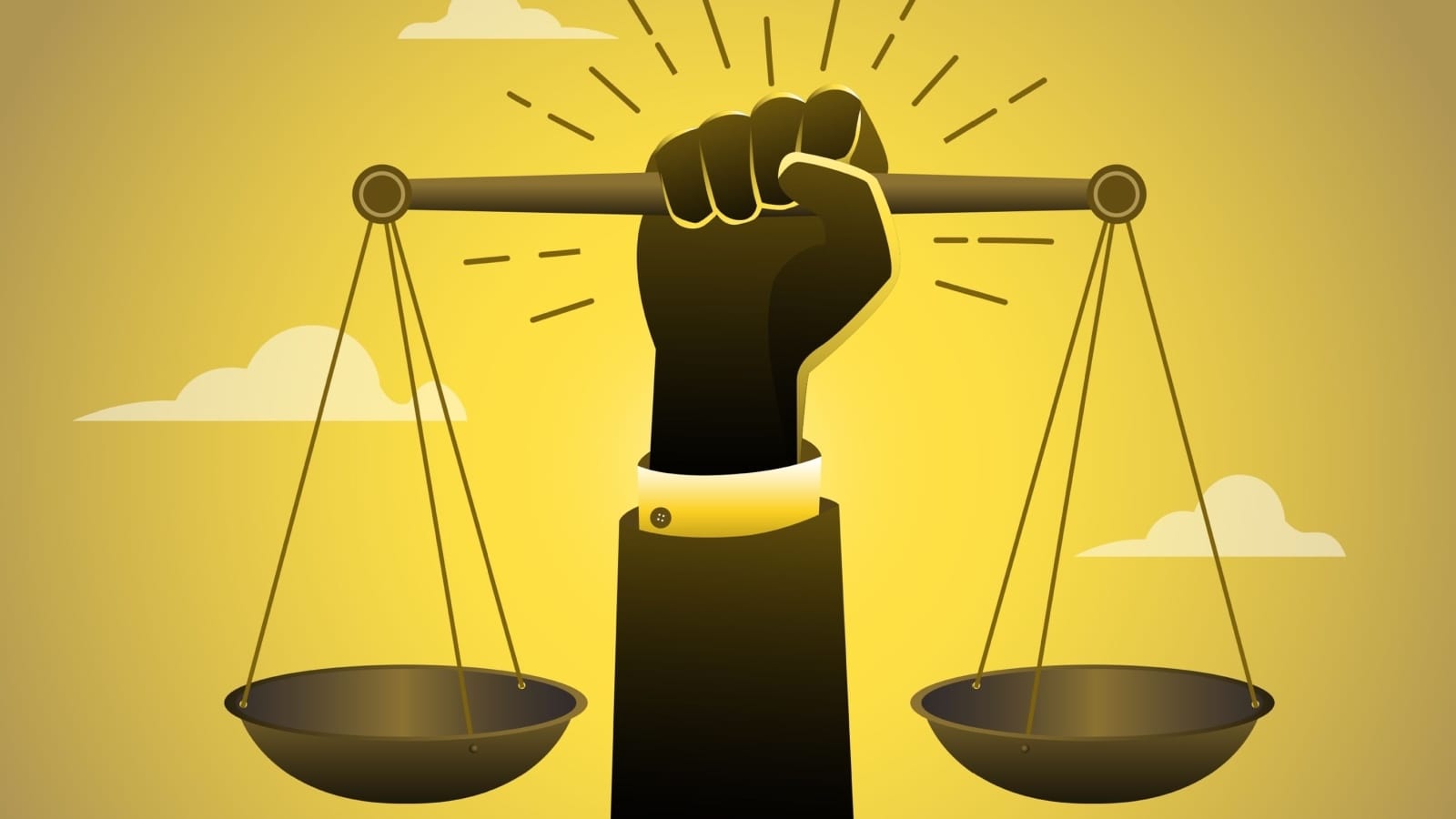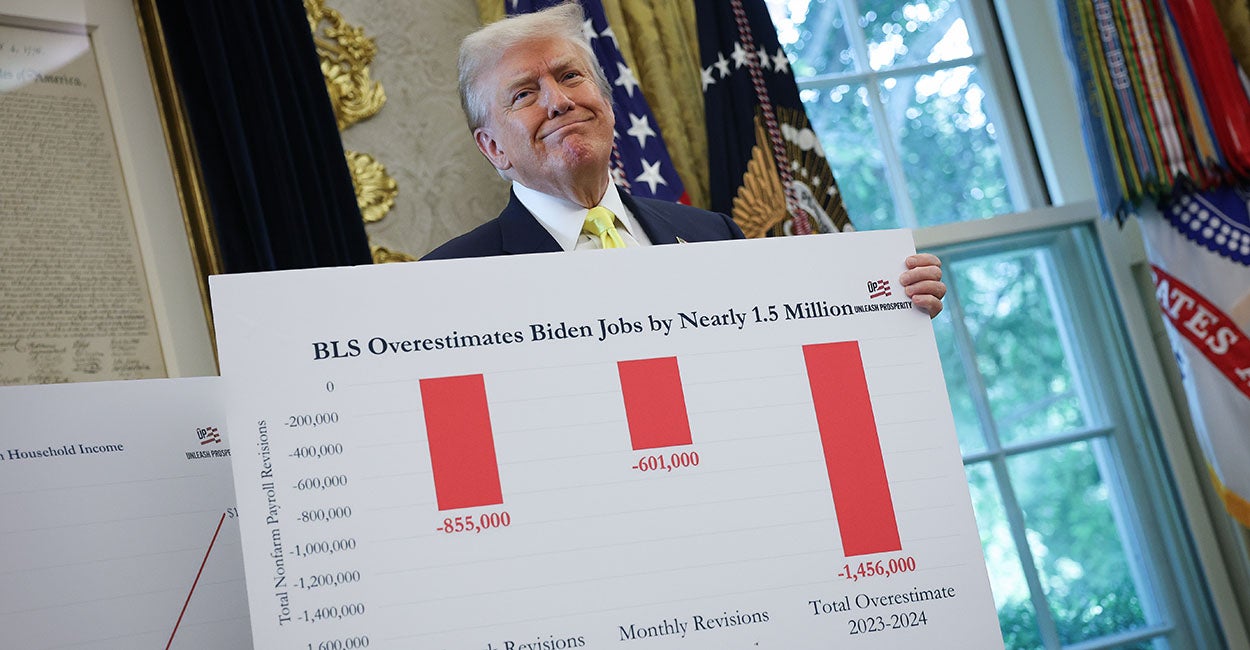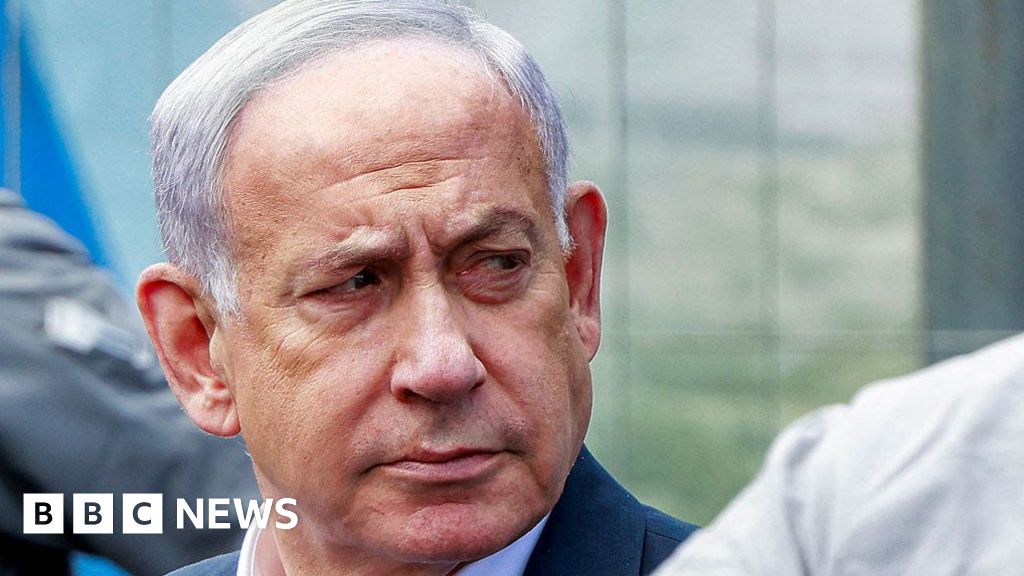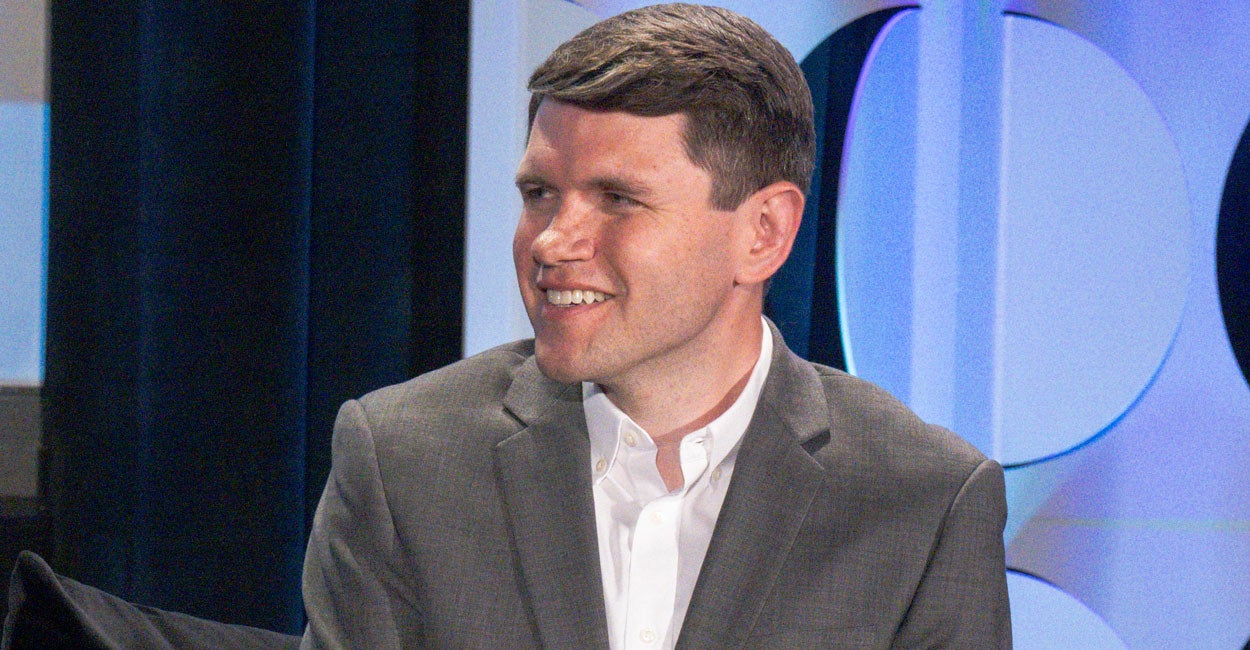The Existential Crisis Facing Labour
After a disastrous first year in government culminating in Angela Rayner’s ignominious resignation, one might assume that the only way was up for Sir Keir Starmer. In fact, he and his party face a much greater threat than ill-advised financial decisions by the deputy prime minister: barely anyone supports them.
By that, I don’t mean that no one’s going to vote Labour at the next election. There will always be people who back them strategically to ‘keep the Tories out’. And there will always be those who vote based on tradition (working class identities die hard). Indeed, opinion polls tell us that—despite the government’s abysmal approval ratings—one in five voters still intends to cast a ballot for Starmer’s party.
What I mean is that barely anyone is cheering for them on social media and in the newspapers. There’s no group of energetic activists they can rely on to defend their policies and promote their message. It’s worse than that: most Left-wing influencers are highly critical of Labour.
There are two reasons for this: one less important and one more. The less important reason is that Starmer was seen as pandering to the ‘far right’ when he referred to “an island of strangers” in his immigration speech back in May (Enoch Powell having used a similar phrase in his famous ‘Rivers of Blood’ speech.) However, the prime minister subsequently apologised for this perfectly reasonable utterance and managed to achieve some measure of damage control.
The far more important reason is Gaza. Since getting into office, Starmer has pursued a policy wildly out of touch with the views of most Left-wing activists. Again, I don’t mean voters. I’m talking about the sorts of people who shape public opinion—influencers, campaigners and other activists.
Although there are no surveys of Left-wing activists per se, there are surveys of Labour Party members. (These are the small subset of voters who care enough about politics to actually join a party and try to steer it in their preferred direction.) A survey back in June found that 87% of Labour members thought the government should be more critical of Israel, and 84% thought it should impose sanctions on the country. To date, the government has applied a few token sanctions—though nothing remotely on the scale of sanctions against Iran or Russia.
Another survey of Labour members found that 71% thought the government was wrong to ban Palestine Action, with only 21% taking the opposite view. In fact, it is only among Conservative and Reform voters where a clear majority supports the ban. Ironically then, that decision by Starmer was strongly opposed by his party’s own members but was actually supported by most people on the Right. You can see why Left-wingers might feel slightly indignant.
Further evidence of Labour’s disconnect with its activist class can be found on Twitter/X, where popular influencers like Owen Jones regularly accuse the government of complicity in genocide. In fact, almost every tweet about Gaza by the prime minister or his now-reshuffled foreign secretary is littered with replies from Left-wing accounts saying things like “you’re going to The Hague”. Not exactly ideal from a PR standpoint.
Contrast this with tweets by Nigel Farage, where the comments are overwhelmingly positive. Right-wing activists are largely with Reform.
Even Led by Donkeys, an organisation that spent years moaning about Brexit and going after politicians like Farage, has turned on Labour. One of their latest stunts involved hanging a huge banner depicting destruction in Gaza opposite Labour HQ. The caption read: “Protesting this isn’t terrorism”.
Starmer is presumably hoping that by the time of the next election, Left-wing campaigners will have forgotten about the war. But I wouldn’t bet on it. With activist energy focussed on the Greens, Jeremy Corbyn’s new party, and the SNP in Scotland, Labour’s performance could prove even more dismal than current polls suggest.
Recent Top Stories
Sorry, we couldn't find any posts. Please try a different search.












